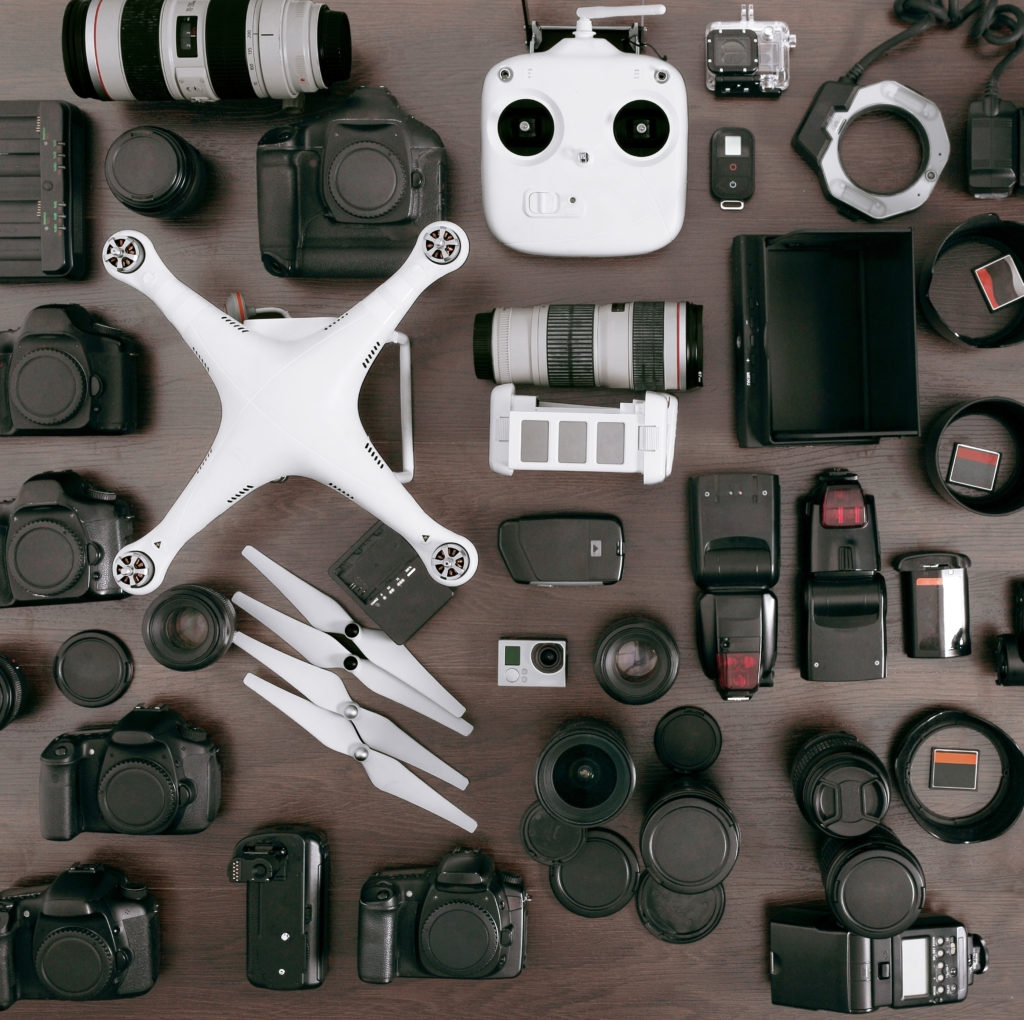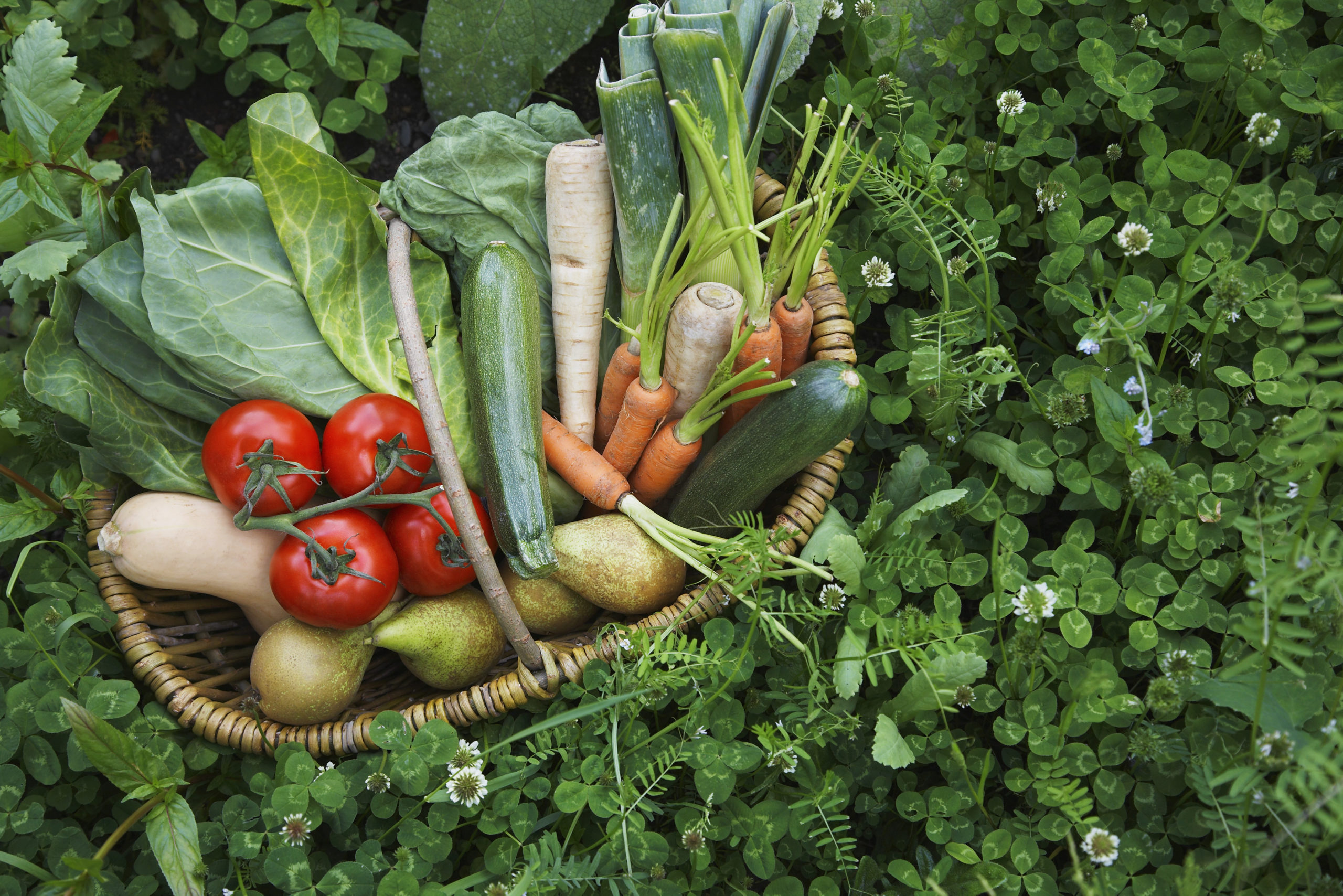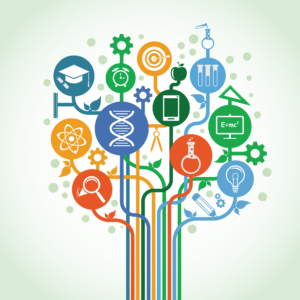With the digital transformation, agriculture operations face alterations and development with the application of drone technology. Agriculture plays a crucial role in ensuring food protection and is standard to any nation’s economic system. Unluckily, agricultural actions are often angled by climate conditions, air and ground quality, and manpower. Much more is concerned, that global warming impacts agriculture, which is beyond the own handle of man and should be addressed immediately.
Why are drones beneficial for agriculture?
Although drones are not quite new, they serve as a positive device in the arsenal of farmers and supply limitless chances in contemporary farms. Drones, geared up with synthetic intelligence, flight engineering, analytical knowledge, and robotic options, assist aid in a couple of employ situations. First and most effective, drones can get hold of and interpret geographical information gathered from sensors in the floor. The farmer can use this information to distribute minerals and fertilizer as appropriate.
What are the example applications?
As an example, you can think of any deficiency in ground composition. For example, water level, or nutrient material, which can alert the drones at a low level. On the other hand, beneficial information may also be gathered to superior consider the geographical constitution of the acreage. So, drones collect insights into how agriculture activities may be performed despite difficult cases. Moreover, drones could also reduce the environmental impact in comparison to heavy agricultural machinery. This of course, because they are more flexible and destroy fewer plants on the field, by flying on the field.
How will drones impact agriculture?
In the future, drones will impact agriculture jobs, by reducing annoying and bodily stressful aspects of the job. Drones will take over these jobs. Hence, drones are changing the picture of agricultural operations and getting rid of an immense part of challenging-activity from the job. Leveraging drones could additionally tackle the lack of manpower in farms and plantations. Drone expertise isn’t best fixing the latest complications in agriculture. For example, we have seen this year, droughts or floods in many countries. However, it also improves the nature of the job and adding value to the industry. So, drones are assisting farmers and plantation owners to enhance productiveness, effectivity, and production. In the future, this could help to ensure nutrition across the world.
Which role does the chemical industry play?
The chemical industry is manufacturing the raw products for the agricultural industry. For example, Nitrogen or Phosphate components for fertilizer. The market of fertilizer components will grow even more, due to the fast rise of additional businesses in Asia and Latin America. Moreover, an increase in R&D on fertilizer manufacturing technologies drives the range of available products. This again allows specifying the products and customers’ solutions according to their needs. So, even though we don’t see the impact of the chemical industry directly, there is a dependency on the products they produce.
Conclusion
Finally, we can say why agriculture wants drone technology because it is very helpful and provides additional efficiency to the workforce. We will explore this industry in further detail in the future, so stay tuned for more.





